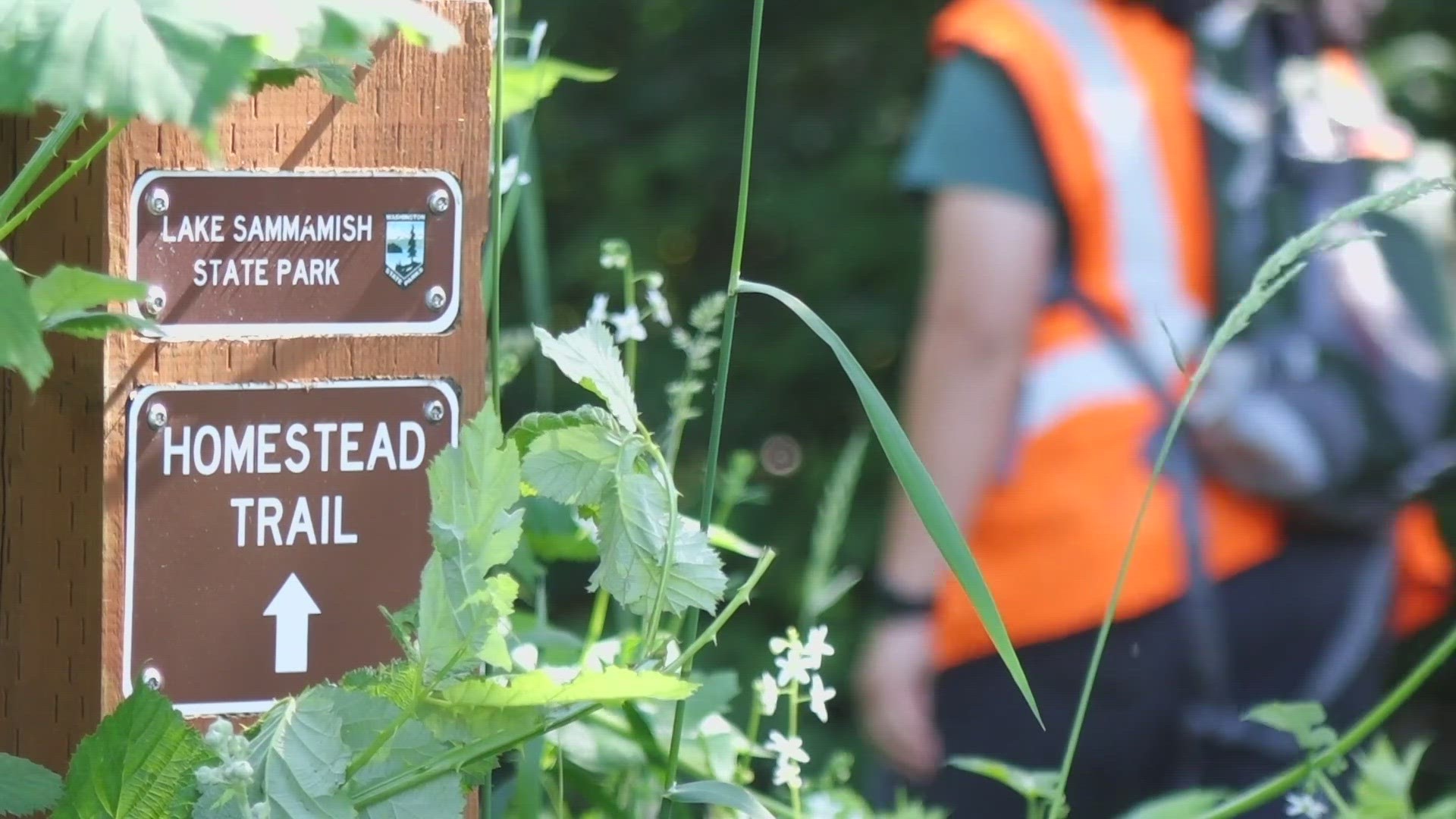ISSAQUAH, Wash. — The City of Issaquah is celebrating becoming the first city in Washington state to earn LEED Gold status.
Mayor Mary Lou Pauly welcomed a collection of city and state officials for a celebratory luncheon at Historic Pickering Barn on Monday. The former dairy farm is now on the National Register of Historic Places and serves as a symbol of the city's commitment to preservation, conservation and green building.
“Usually, only a major city would have the resources to earn a certification like this and we are so proud of the people who have put in the work for decades,” said Mayor Pauly.
The city is officially the only city in the state to have earned LEED Gold certification and has a goal of going platinum.
LEED stands for the Leadership in Energy and Environmental Design and is the worlds most widely used green building rating system. Created by the U.S. Green Building Council in 2016, the LEED certification expanded beyond construction to create LEED city and community programs to track a community's progress towards sustainability, net-zero and equity objectives.
“Not only are we the only Gold certified city in the state but this tells us where we stand again cities across the world!” said Mayor Pauly.
The city is home to more than 40,000 residents but more than 200,000 trees and Mayor Pauly said having a healthy environment - taking care of the forest and waters - is a point of pride for the city.
“We were judged in nine categories and even though we earned Gold it also revealed some gaps that we are eager to address and boost our scores even higher,” Pauly said.
To achieve LEED certification, a project earns points by adhering to prerequisites and credits that address carbon, energy, water, waste, transportation, materials, health and indoor environmental quality.
Issaquah scored 74 points out of 110, achieving Gold status. City Sustainability Manager Stacy Vynne McKistry said she expects to improve.
“We spent about a year collecting data and looked at everything from water consumption across the city to access to natural resources.”
The city only needs to score six more points to achieve Platinum LEED certification. Vynne McKistry said the city is working to payoff a commitment residents made decades ago.
“Part of why I moved here with my family is because of the sense of community and duty to lead in conservation.”
Of all LEED credits, 35% relate to climate change, 20% directly impact human health, 15% impact water resources, 10% affect biodiversity, 10% relate to the green economy, and 5% impact community and natural resources.

